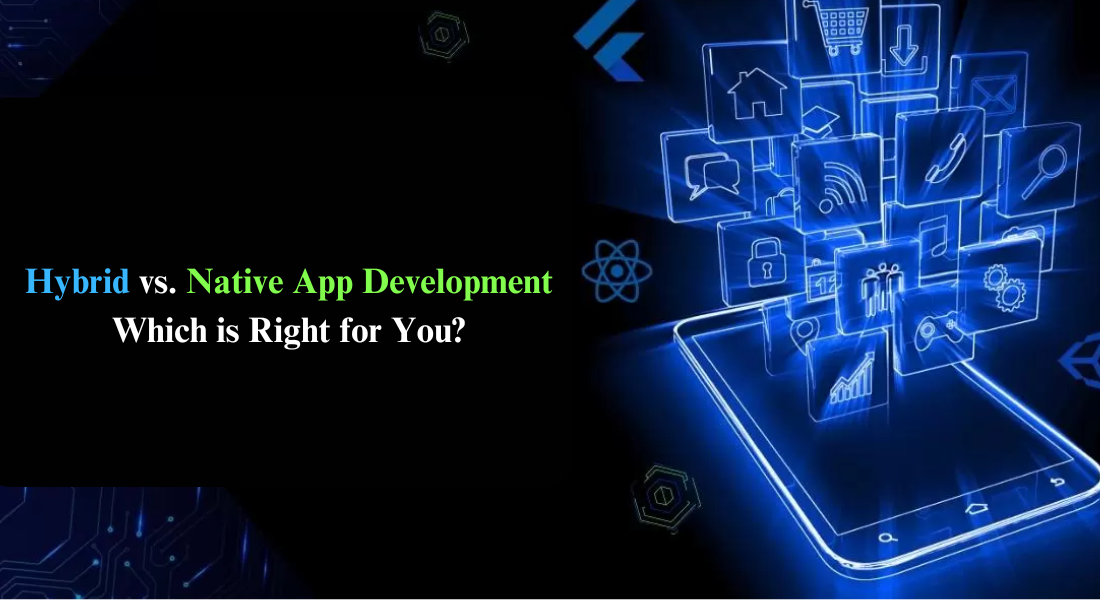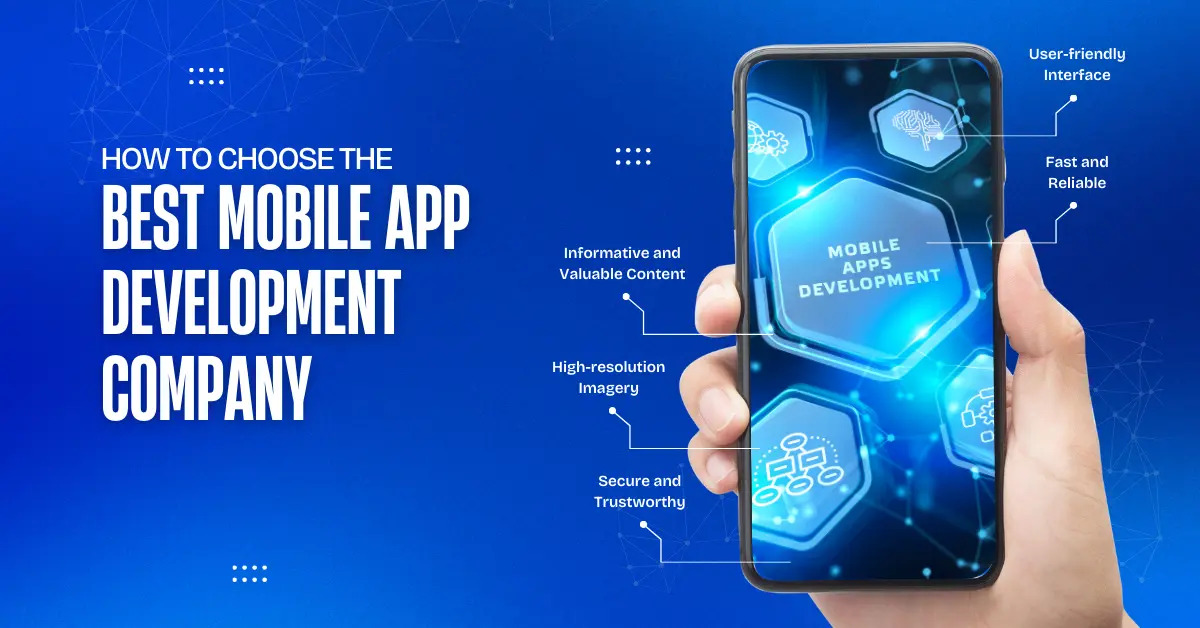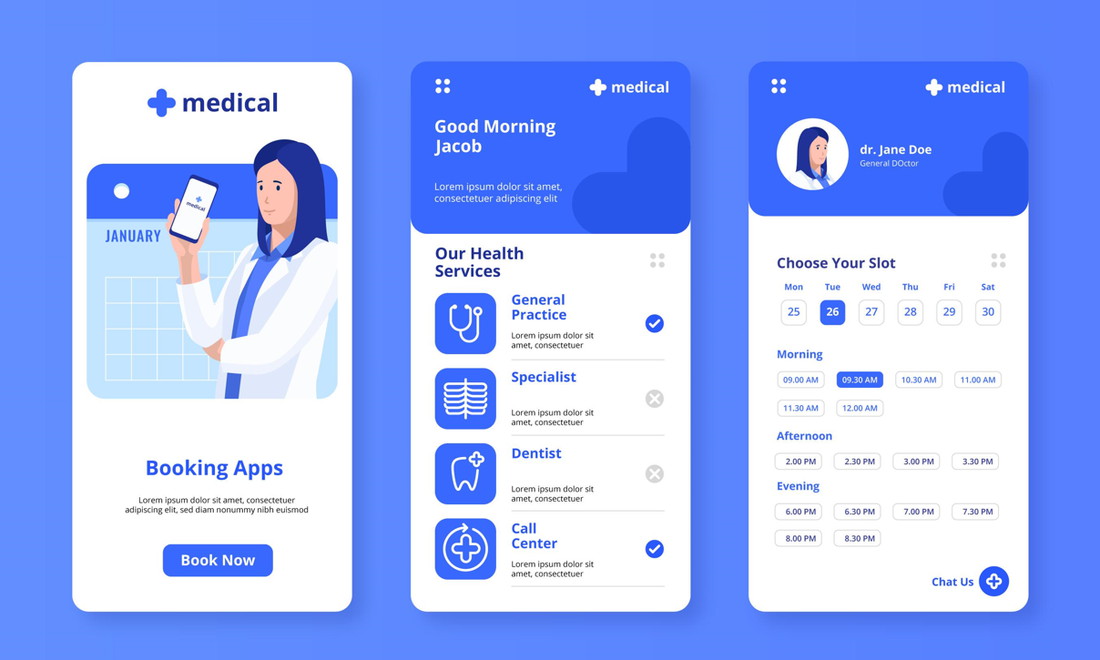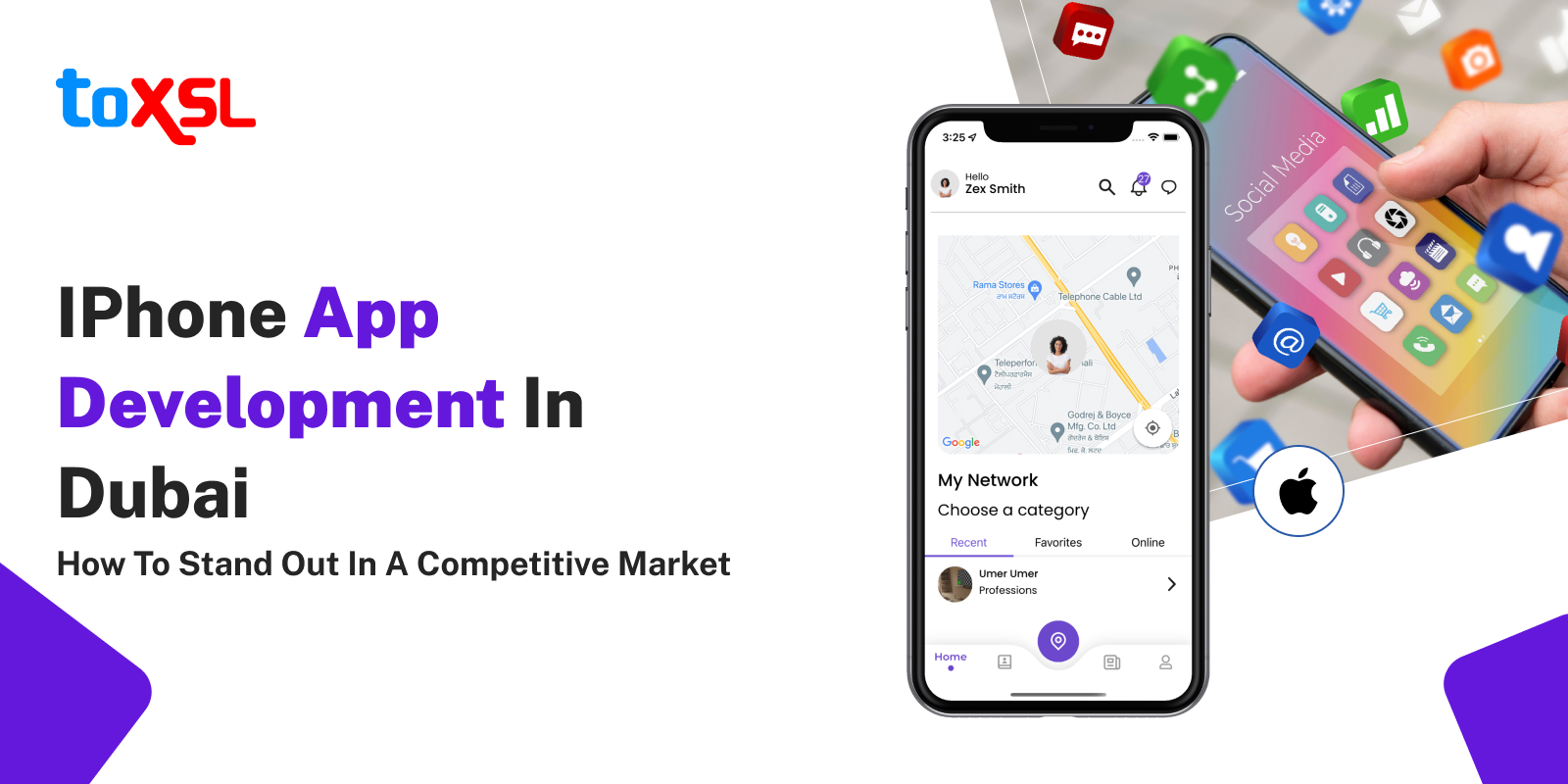Hybrid vs. Native App Development: Which is Right for You?

Strong 8k brings an ultra-HD IPTV experience to your living room and your pocket.
Navigating Mobile App Development
In the digital age that we live in today, mobile applications have become essential for businesses to have a powerful internet presence and to connect with relevant customers. Nowadays, people are generally getting used to leveraging smart phones and iPads for many different purposes, such as shopping, socializing, financial management, and accessing updated information online. In response to increasing users, the demand for pleasant mobile designs and applications with sophisticated features has been flourishing.
Traditionally, developers now have to decide for themselves which of the two methods would be most appropriate for working on these critical digital tools. Amidst the myriad of options available, two methodologies have gained widespread recognition: Hybrid app development and Native app development. There is an option of either one which possesses those pros and cons, so the business needs to take its project requirements and objectives into consideration before making a project selection decision.
Native App Development: Deep Dive
Native app development refers to developing applications that are exclusively used on the target platform, namely iOS or Android, with the use of specialized programming languages and development tools like the likes of Swift or Objective-C as well as Java or Kotlin for iOS and Android respectively. These apps are fitted with inbuilt components to utilize the device-specific hardware and operating system functionalities. Here are some key points to consider:
Performance: Native apps generally provide a better user experience compared to hybrid apps because they are optimized for a single platform. The main reasons for the popularity of low-end devices include smoother running animations, quicker loading times, and better overall performance.
User Experience: The native apps are generally more refined and user-friendly, as they are designed in line with the standards of the appearance and functionality of each platform. This can result in growing user satisfaction and involvement of the target group.
Access to Device Features: Native app development gives full access to all device features and APIs and, what is more, provides developers with tools to create more customized, feature-rich, and integrated applications.
Complexity: Creating different codebases for each platform might imply a large development time and complexity. These resources would be for maintaining and updating two separate codebases.
Drawbacks of Native Apps:
Development Cost: Developing and supporting standalone native apps for various platforms increases the total development cost.
Time Investment: Native applications usually require a longer time to develop because of the need for platform-specific development.
Limited Reach: Extending exposure across several channels through different app versions demands the creation and management of them.
Hybrid App Development: A Blend of Technologies
Hybrid app development involves the usage of web technologies such as HTML, CSS, and JS to create mobile apps that can run across various operating systems. These apps are therefore web applications encapsulated in a native shell for accessibility through app stores.
Cross-Platform Compatibility: Perhaps the most appealing thing about hybrid development is the improved ability to create code once and then deploy it across numerous platforms. This could greatly decrease the development time and cost since developers will only have to maintain a single code for many different platforms.
Faster Development: As hybrid apps are based on web technologies, developers who already have web development skills can seamlessly move to the mobile platform. Over and above that, a lot of frameworks and tools (e.g. React Native and Ionic) are there for you to make the developing process easy.
Maintenance: Hybrid apps are easier to maintain and update by nature. Changes made to the code base reflect on all platforms within a very short time. These efficiency factors make it feasible for us to roll out more updates, including fixing bugs.
Performance: Although hybrid apps have been doing better and better in the performance comparison with native apps lately, they may be still inferior regarding complex or graphics-intensive applications in most cases.
Drawbacks of Hybrid Apps:
Performance: Hybrid Apps may not provide the same degree of performance and responsiveness as Native Apps, especially when dealing with tasks requiring high performance or Offline mode.
Limited Access to Native Features: The web-based nature of hybrid apps might entail some features not accessible in device-specific ones.
User Experience: The user experience might not be as polished and easy-going as the native apps, especially if the hybrid app cannot closely follow the platform's design standards.
Hybrid vs. Native: Making the Choice
As for how to pick the one that best fits your needs and personal preferences it is up to you, depending on your needs and priorities. Consider these factors when making your choice:
Performance Requirements: In case your application requires high responsiveness like in the case of games and multimedia tasks, the native development option is the right choice.
Budget and Timeline: When a resource is a constraint or you want your app up and running fast, hybrid development may be cheaper and more efficient than the other options.
User Experience: Evaluate the vital role that mobile experience, interaction, and user interface have to be aligned with one or more platforms. In case your program heavily relies on operation system conventions, then native development will of course be a top priority.
Access to Device Features: Examine if your app allows the use of the device features and APIs which can be made more accessible through native platforms.
Hybrid App Development Company: Your Partner in Success
When you're considering a hybrid app, it is very imperative to hire a well-known hybrid app development company. Look for a company with a demonstrated history of performance and experience that has perfected the art of developing impeccable hybrid apps.
Key Qualities to Look for in a Hybrid App Development Company:
Expertise: The Company should have professional developers of hybrid mobile applications who are intimately familiar with web tech stack and native platforms.
Project Management: The right project management provides for smooth progress, timely completion, and clear interactions during the whole lifespan of the project.
Quality Assurance: Strong test and quality assurance procedures will ensure the smooth operation and the user-friendliness of the app.
Post-Launch Support: Upkeep and support will continue to be necessary if there is anything that needs to be fixed and to be sure your app runs successfully.
Choosing the Right Path
Finally, the choice between Hybrid app development and Native app development comes down to carrying out an intensive assessment of your project needs as well as limitations. Each approach has its own set of advantages and drawbacks, thus it is essential to be mindful of factors such as budget, time frame, and specific functionality.
Whether you like Hybrid App development for its versatility or you prefer Native App development for performance, it is crucial to choose the right development team for you to succeed. Seek out experienced Hybrid App developers or Native App development professionals who can provide expert guidance and support throughout the development process.
In your next app development project, please take the time to evaluate the positive and negative sides of each of the methods. However, this decision will directly affect the app functionality, which means that you should be ready to take responsibility. Seeking advice from industry experts as well as making your decision aligned with your project's goals will help you to achieve the best outcome for your app development journey.
Note: IndiBlogHub features both user-submitted and editorial content. We do not verify third-party contributions. Read our Disclaimer and Privacy Policyfor details.







